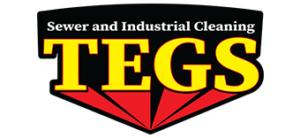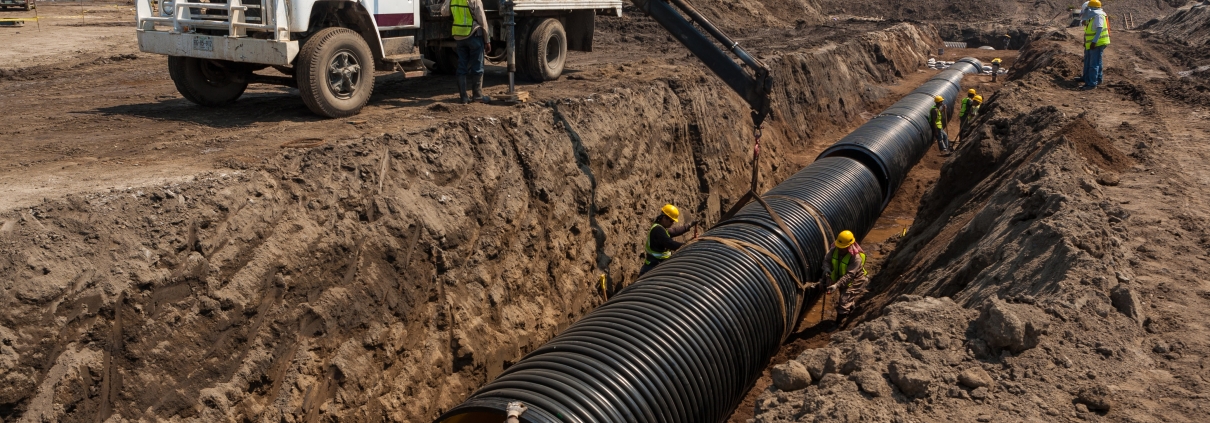Sewage Neglect: 5 Risks That You Can’t Afford to Take!
Sewage neglect is a serious issue that can have significant impacts on the environment. Unfortunately, many people overlook the importance of proper sewage management, leading to numerous risks that can be harmful to both individuals and communities. That said, below are the five risks that you can’t afford to take when it comes to sewage neglect.
1. Water Contamination
The contamination of water sources is among the most severe problems that are related to the neglect of sewage systems. When sewage is not managed correctly, it is far more likely to end up in surrounding bodies of water, such as lakes, rivers, and seas, which can be quite harmful. This can lead to the spread of hazardous bacteria and viruses that may also cause a wide variety of illnesses in both humans and animals. This can be a problem because both humans and animals share the same environment. These ailments can range from relatively harmless stomach aches to life-threatening diseases like cholera and typhoid fever.
2. Soil Contamination
In addition to contaminating the water supply, failing to properly maintain sewage systems can also taint the soil. If sewage is not handled correctly, it may contain a wide variety of hazardous chemicals and contaminants, some of which may seep into the ground. This can result in the contamination of crops and other vegetation, which can have significant repercussions for the quality of the food that is produced. Additionally, polluted soil can contribute to the spread of infections and illnesses, which is especially likely to occur if the soil is used for gardening or other activities that are analogous.
3. Air Pollution
Sewage neglect can also lead to air pollution, particularly if untreated sewage is left to ferment and produce gases like methane. These can be harmful to both humans and the environment, contributing to greenhouse emissions and climate change. In addition, the smell of untreated sewage can also be unpleasant and potentially harmful, particularly to those with respiratory issues.
4. Infrastructure Damage
Another risk associated with sewage neglect is infrastructure damage. When sewage is not properly managed, it can cause damage to pipes, treatment plants, and other infrastructure. This can lead to costly repairs and maintenance, as well as potential disruptions to services like water and sewage treatment. In some cases, infrastructure damage can also lead to sewage backups and flooding, which can be both dangerous and costly to clean up.
5. Public Health Risks
Finally, sewage neglect can also lead to a wide range of public health risks. As mentioned earlier, water and soil contamination can lead to the spread of diseases and illnesses. In addition, untreated sewage can also attract pests like rodents and insects, which can carry a wide range of harmful pathogens. This can lead to the spread of diseases like Salmonella and E. coli, which can be particularly dangerous to vulnerable populations like children and the elderly.
Conclusion
Sewage neglect is a serious issue that can have significant impacts on public health and the environment. From water and soil contamination to air pollution and public health risks, its dangers cannot be overstated. It is essential that individuals and communities take steps to properly manage and treat their sewage in order to protect themselves and the world around them.
By doing so, we can help to ensure a safer, healthier, and more sustainable future for all.
If you are looking for a company that handles industrial sewage cleaning, look no further than our services here at TEGS Thailand. We have offered reliable industrial cleaning since 1992, and we are here to make all your waste problems disappear! Call us today, and let us clean up your industrial sewers in no time!




